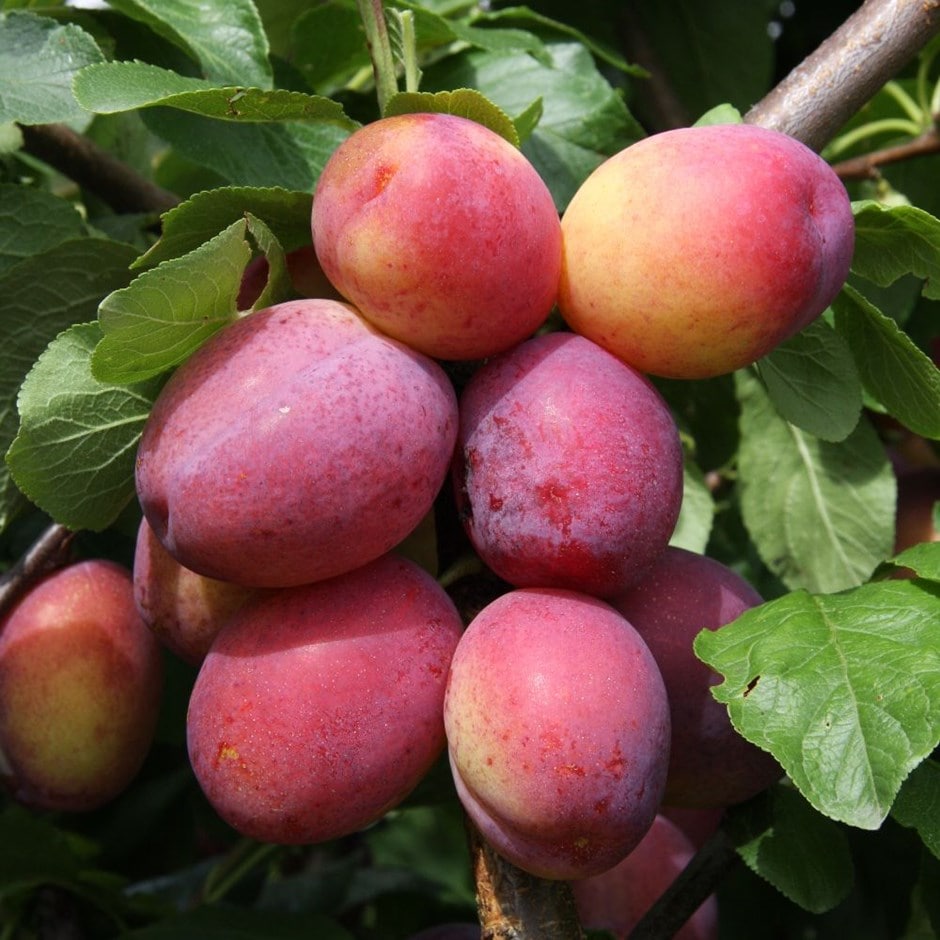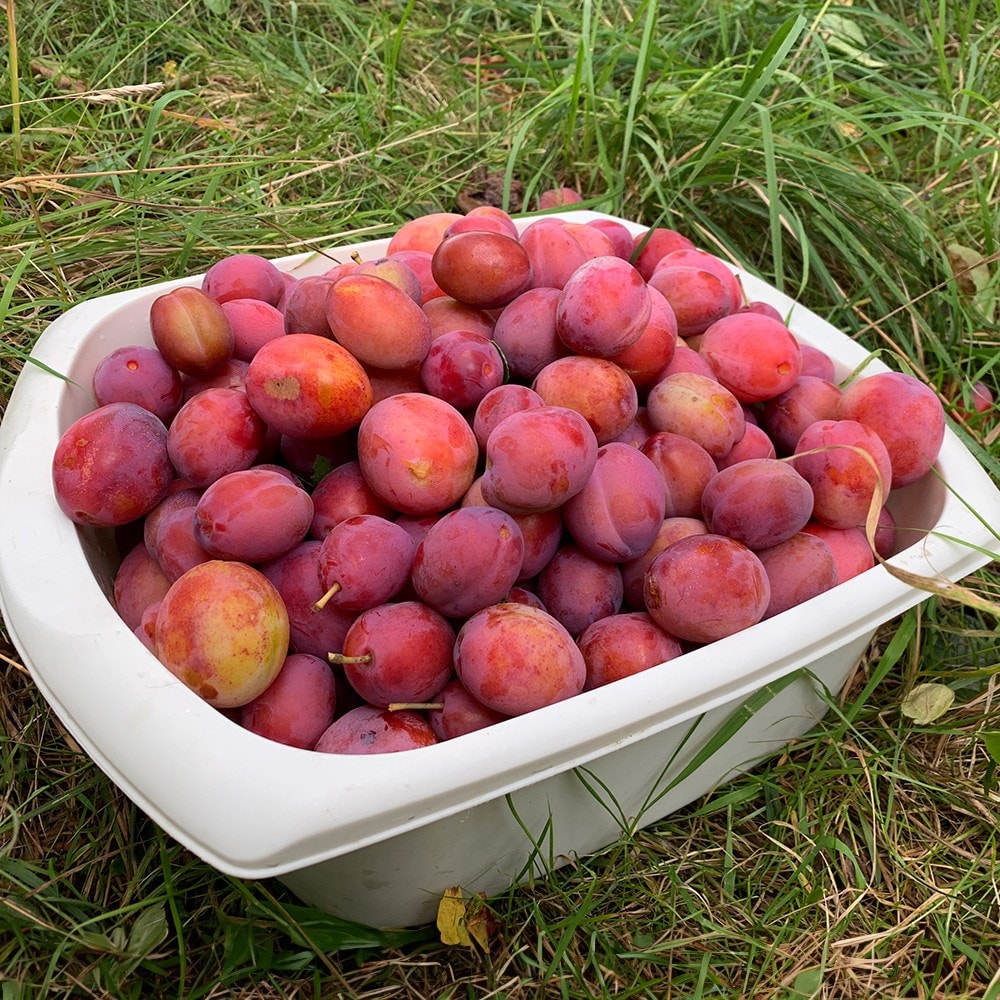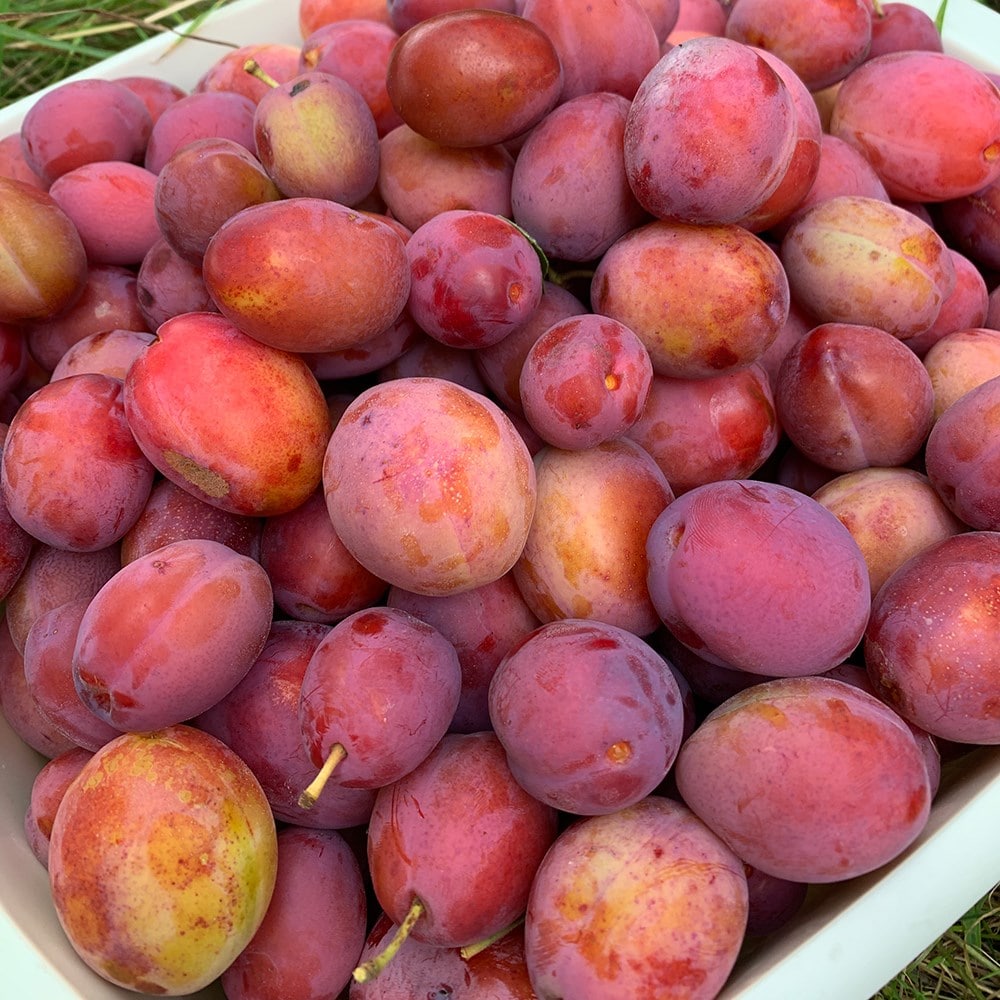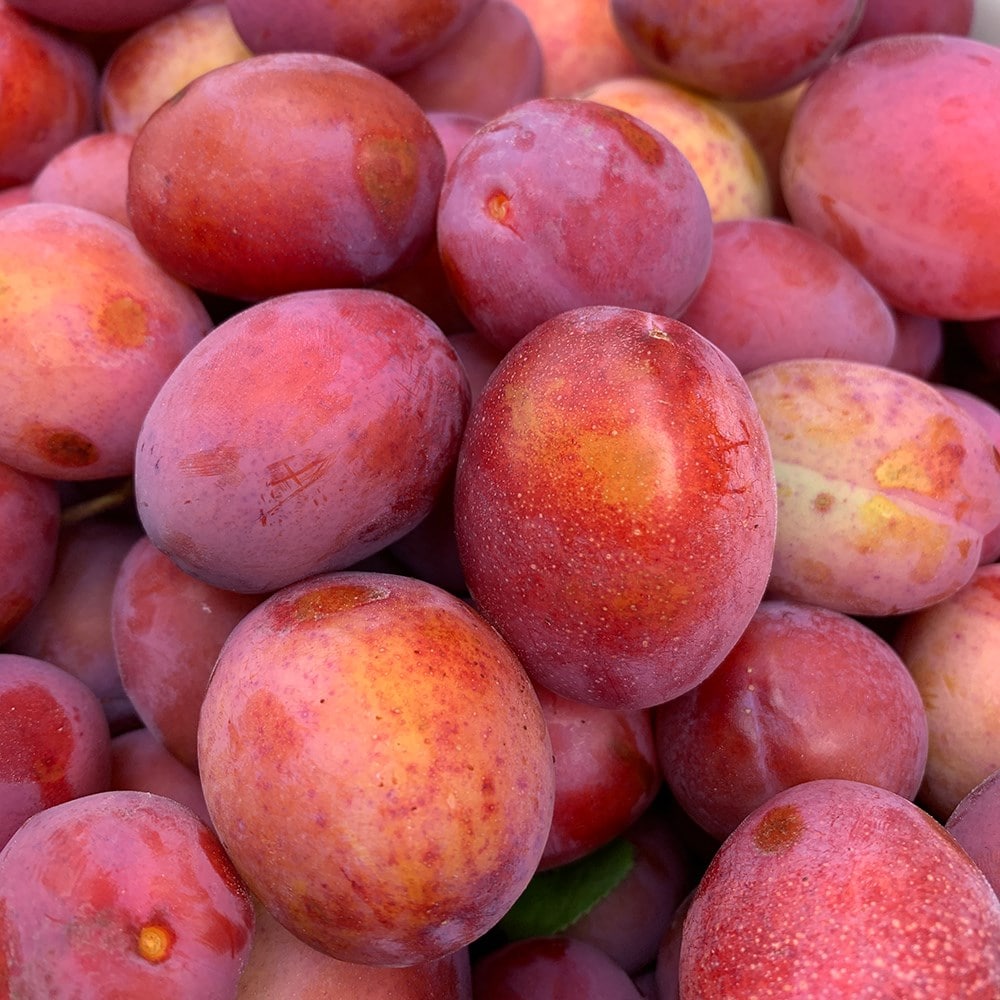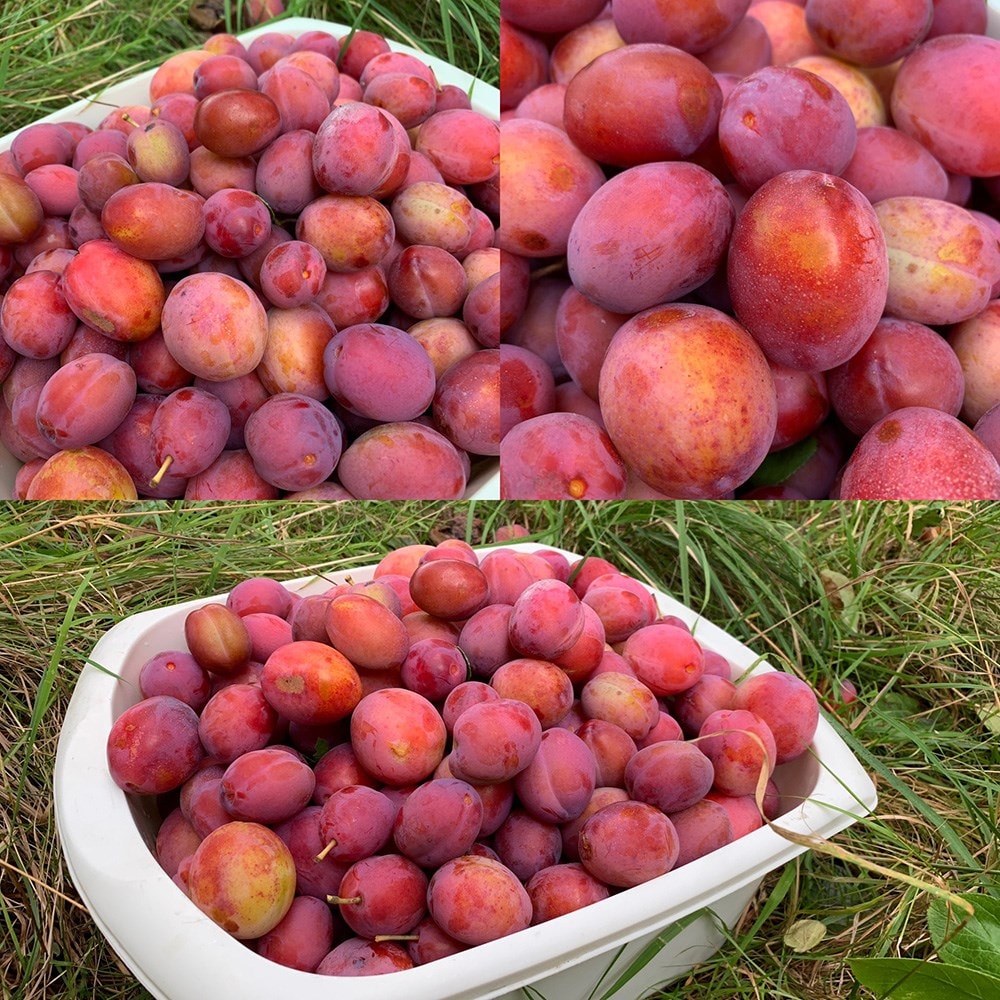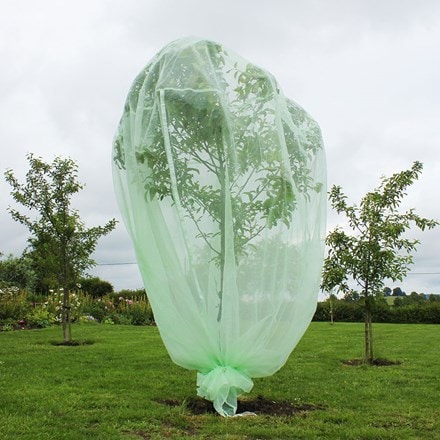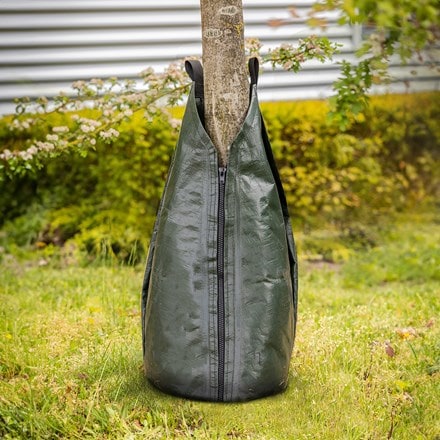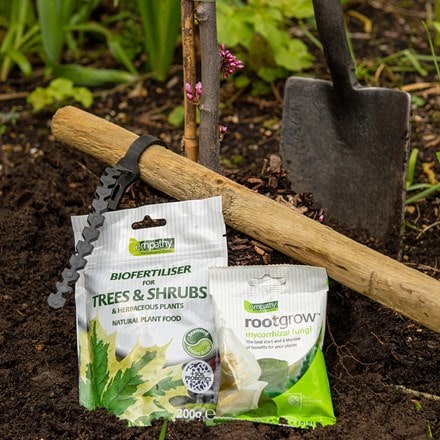plum 'Victoria'
plum Victoria
- 9 litre pot | SJA root stock | 1 - 1.5m
- £49.99
- In stock (shipped within 3-5 working days)
- 12 litre pot | SJA root stock | 1m
- £95.99 £119.99
- In stock (shipped within 2-3 working days)
- 12 litre pot | VVA-1 root stock | 1.5m
- £124.99
- available to order from autumn
- bare root | Pixy root stock | 1.2m
- £27.99
- available to order from autumn
- bare root | SJA root stock | 1.2m
- £28.99
- available to order from autumn
- bare root | VVA-1 root stock | 1.2m
- £59.99
- available to order from autumn
Delivery options
- Standard £12.99
- Position: full sun
- Soil: moderately fertile, moist but well-drained soil
- Rate of growth: slow
- Flowering period: April to May
- Hardiness: fully hardy
A reliable, self-fertile plum which produces a heavy crop of large, pale red fruit with golden-yellow flesh, which can be used for cooking, canning, bottling or just eating fresh. The single, white flowers are produced in spring and fruiting picking can start in late August. It is one of the most popular plum trees available but does need the fruit to be thinned to avoid biennial fruiting. It is difficult to predict accurately when these trees will start to produce fruit, but as a general rule the potted ones usually start to produce a little after 2 - 3 years, but need between 3 - 5 years before they yield a good crop. The bare root plants may take a year or two longer.
When planting your plum tree, prepare a hole up to three times the diameter of its root system. Fork over the base of the pit in readiness, incorporating plenty of organic matter into the backfill and planting hole. Avoiding frozen and waterlogged soil, trees should be planted out as they arrive. If you've ordered a bare root tree, soak the roots in a bucket of water for half an hour prior to planting, or if this is not possible, they can be heeled in temporarily, covering their roots with soil, or potted up. Protect from cold, drying winds. Apply a balanced fertiliser in early spring to support growth and fruiting. Lightly prune in summer to reduce the risk of silver leaf and bacterial canker, to retain an open ‘goblet’ shape and remove any damaged, diseased or broken branches.
Goes well with
Premium tree planting kit with softwood stake
kit with with softwood stake
£20.95
In stock (shipped within 2-3 working days)
